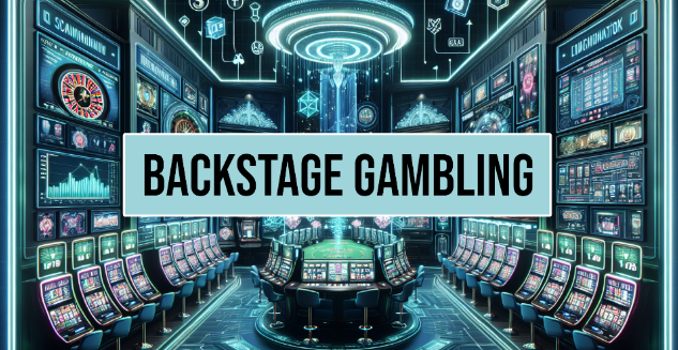In this article we will look at the psychological, economic and historical issues related to the spread of gambling around the world. For the most curious readers, we will analyse the impact of gambling on tourism and other business sectors. Text prepared with the help of greataussiepokies.com.
The Psychology of Gambling
The first thing you learn in a casino is that you will be losing. This may seem unimportant, but eventually realising this fact will save you a lot of psychological and financial problems. Even though the odds are not in their favour, even casual players still leave the casino having spent much more than they should have. Casinos aren’t just about games: ‘entertainment’ plays a huge role too, and your choice of leisure activities will end up costing you in the long run.
The two main psychological components of a casino are (a) it is like a carnival and (b) everyone is watching each other. The casino is specifically designed to attract people and dominate them for as long as possible. For some gamblers, that might mean several days in a row without a meal break. But of course, most people who visit a casino are going to place a bet and leave as soon as they record a loss.
A certain proportion of people are much more likely to win than others, with 1% of people in America making a big win every night. The vast majority of money in casinos comes from games that are not slots, wheel of fortune, video poker, blackjack, etc. These games are known as “house bank” games. For example, roulette seems like a fair game, but it is not. The casino has an advantage before the game even starts.
Casino Games: from Blackjack to Roulette
All over the world, magnificent gambling houses sparkle with the most modern equipment, where all conditions are created to keep visitors entertained. Today, you can choose from thousands of casino games. Games such as poker, roulette and craps are part of the tourist experience, although few local amusements can compete with modern machines. In fact, you don’t have to be skilled to play slots.
Blackjack can be compared to slot machines – where players play against a machine or casino and have more opportunities to win. American blackjack quickly became popular in illegal casinos when it became playable over the internet. As with many other casino games, the number of participants in tournaments has increased by leaps and bounds.
Poker is blackjack’s main competitor. Like blackjack, it is impossible to make a living playing poker competitively, but it is possible. In blackjack, players must be able to calculate cards that have already been dealt in a game. This skill gives players an edge and an interest to develop.
The Business Side of the Casino
The casino industry in the United States employs nearly one million people, from dealers and cashiers to marketing, user relations, advertising and human resources professionals. They are often compared to shopping malls and cultural palaces for their complexity, beauty and ability to combine purely aristocratic entertainment with money-making opportunities.
Belonging to a prestigious resort that does not shy away from hosting gambling establishments indirectly contributes to the value and audience of the whole company. However, because of the association with gambling and players, the club is both expensive and the best target for abuse for people who are used to taking something of value without the accompanying obligations.
Personalised privileges are a proven method of player retention. Smart guest management systems give out rewards not during active play – in which a gambler, especially at an intelligent gaming table, behaves exactly like a donor – but during relaxation, even without the material comforts inside the club. An egalitarian stance on free booze, snacks and merchandise that can add to the joy of gaming would be frowned upon by customer-centric professionals. Mandatory rules of competition oblige the casino owner to invest attractive benefits exclusively in those who have a passion for the game and are more likely to return to the establishment again.
The Dark Side of Gambling Addiction
When Portugal launched a national programme to treat problem gambling and prevent the social costs of gambling, it was hoped to create a unified system that would increase access to health professionals across the country. But the new centres, isolated from hospitals, were opened in rented premises. And the programme has already been criticised as services are not only very poor, but also difficult to access and inconvenient.
Globally, health services are struggling to cope with the growing demand for services to prevent and treat gambling addiction.
The reasons why people gamble depend on culture, so every culture has its own problems and reasons why people start gambling. The Portuguese Association of those who gamble compulsively is well aware of this barrier and understands that to work with gambling problems you need to be patient and wait for change to happen. Gambling is not associated with a particular person or a particular life theory, but it is always associated with the destruction of values. Money is seen as the fastest way to achieve happiness and solve the problem.

